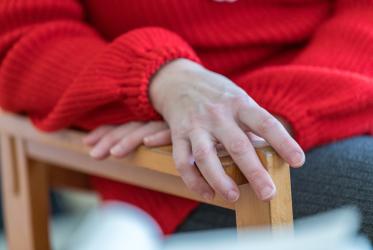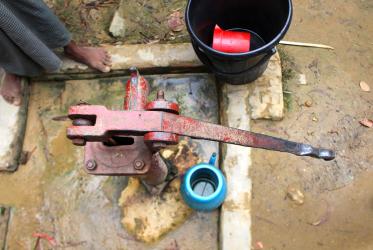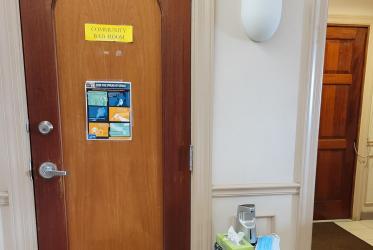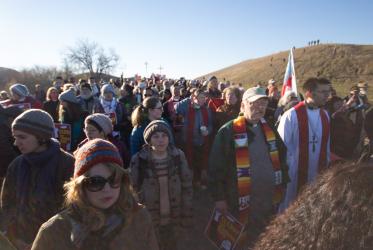Displaying 1 - 20 of 38
Two-day event in India focuses on water, sanitation, and hygiene
09 January 2023
Water and justice at the WCC 11th Assembly
20 July 2022
“Bathroom ministry” for the homeless
14 December 2021
EWN members stand in solidarity with water and land defenders
21 September 2021
World Social Forum convenes to “express and practice solidarity”
28 January 2021













